 Funded by the British Academy Early Career Researcher Network and organised by the Centre for the Study of Conflict, Emotion, and Social Justice, we are inviting applications for the:
Funded by the British Academy Early Career Researcher Network and organised by the Centre for the Study of Conflict, Emotion, and Social Justice, we are inviting applications for the:
2025 Bid-generating Sandpit: Interdisciplinary Research towards Sustainable Development Goals
26 – 27 March 2025
Bournemouth University, Executive Business Centre (TBC)
Participate in dynamic and interactive sessions to develop innovative research concepts addressing any of the United Nations Sustainable Development Goals (UNSDGs), leading to funding bids across institutions and disciplines. Your goal is to form an interdisciplinary project team and build a funding proposal in only two days. You will then be allocated a mentor and have two online follow-up sessions to share your project progress and experiences.
We welcome early career (as you choose to define it) researchers, artists, practitioners or anyone with a general interest in sustainability and emerging interdisciplinary projects. You must be based at one of these universities: Bournemouth University, Cardiff Metropolitan University, Cardiff University, University of Exeter, University of Bath, Bath Spa University, University of Bristol, University of Gloucestershire, University of Plymouth, University of the West of England or University of Wales Trinity Saint David. You should be keen to work in a multidisciplinary team, and willing to commit to attending the full sandpit, on both days. No prior experience of research funding is required.
To secure your spot in the Sandpit, please complete and submit the following application by 6th February 2025 – note that all participants must commit to attending both full days in person: https://forms.office.com/e/AQiAsf5Wxn
The event is facilitated by Dr. Catalin Brylla and Dr. Lyle Skains, with advisors and mentors to be drawn from senior Bournemouth University staff based on participant disciplines and interests. If you have any queries, please don’t hesitate to contact us.

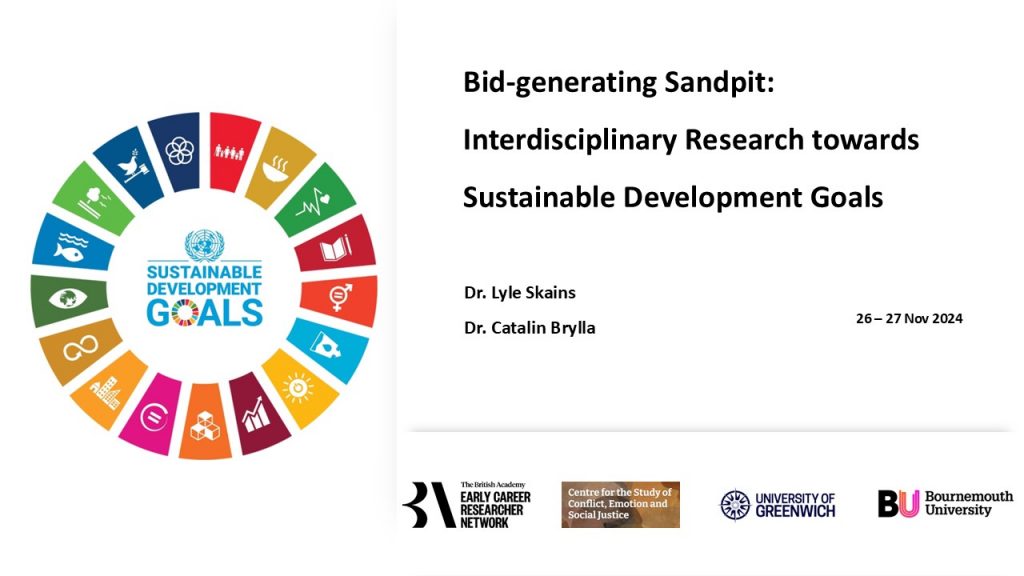 30 early career academics from ten London universities came together on the 26-27 November at Greenwich University for a two-day interdisciplinary sandpit funded by
30 early career academics from ten London universities came together on the 26-27 November at Greenwich University for a two-day interdisciplinary sandpit funded by 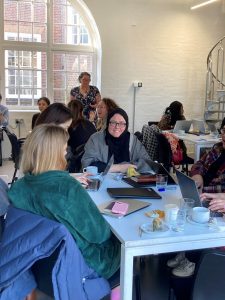 The participants specialised in a variety of disciplines such as psychology, anthropology, policy studies, performance, media, tourism, environmental sciences, architecture and law. They brought their interests in a sustainable world and society (as represented by the
The participants specialised in a variety of disciplines such as psychology, anthropology, policy studies, performance, media, tourism, environmental sciences, architecture and law. They brought their interests in a sustainable world and society (as represented by the 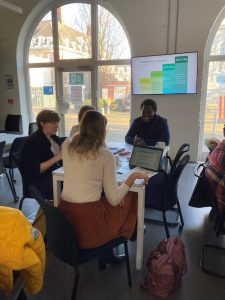 experts provided mentorship and feedback on the projects as they developed toward funding proposals. Two sandpit follow-up sessions will also aid the participants in developing their funding proposals.
experts provided mentorship and feedback on the projects as they developed toward funding proposals. Two sandpit follow-up sessions will also aid the participants in developing their funding proposals.


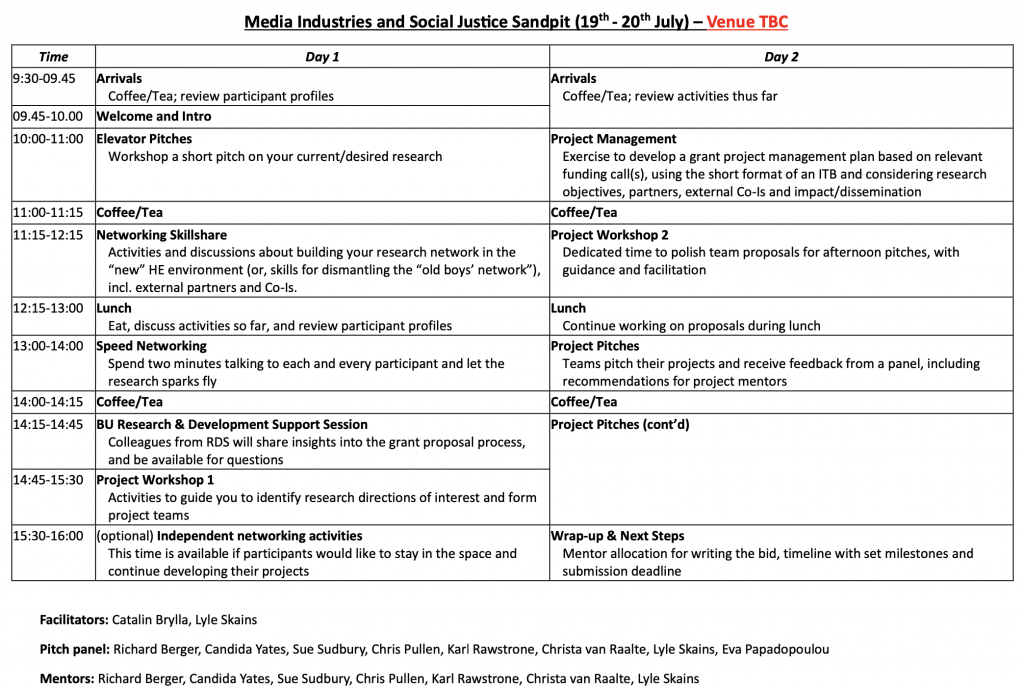
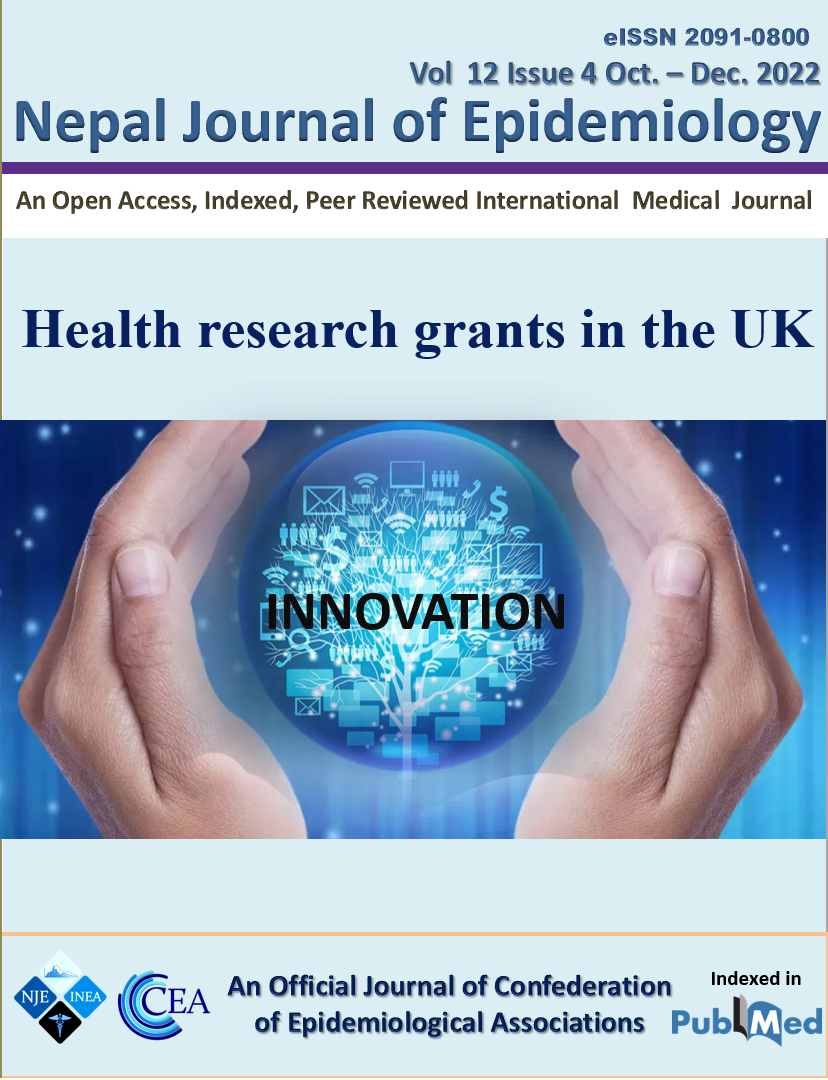
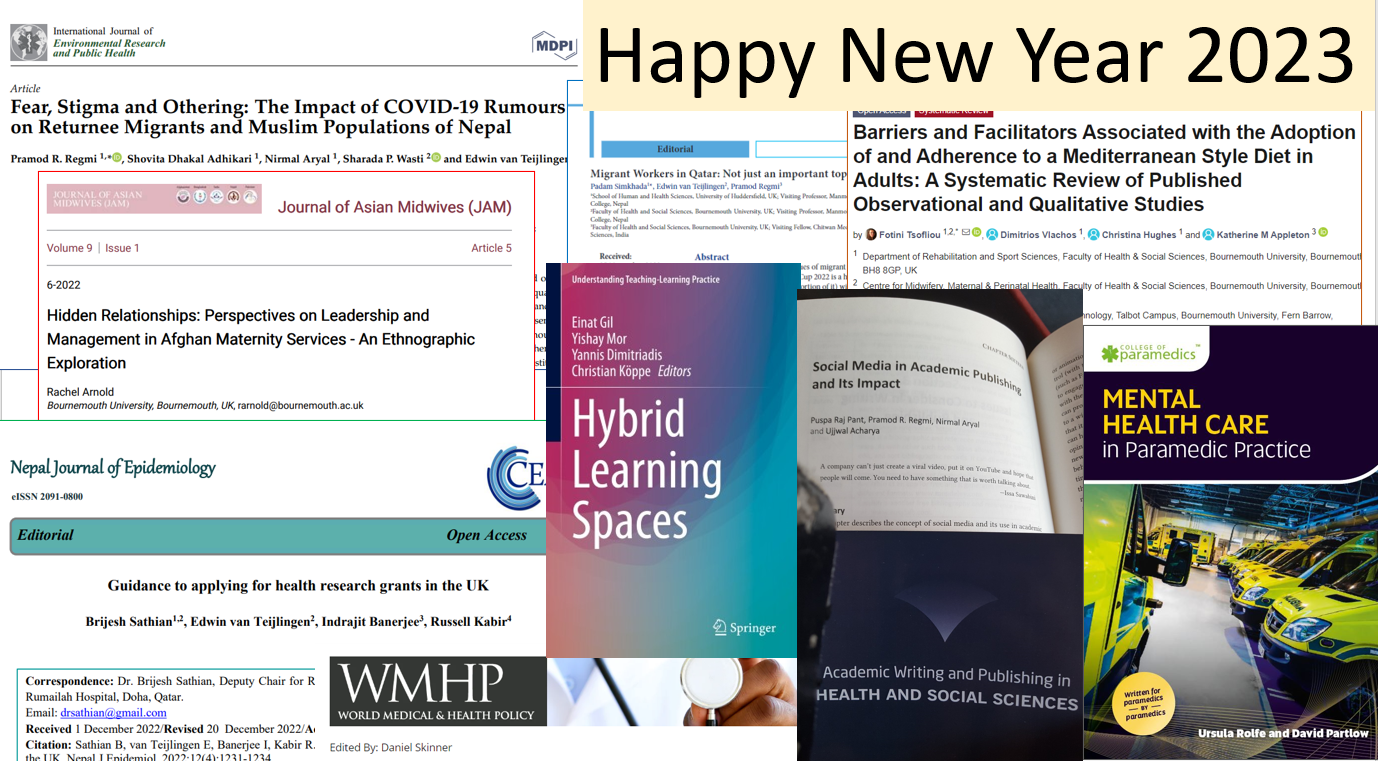

 I published the
I published the  I published the updated
I published the updated 










 Dr. Ashraf cited on ‘Modest Fashion’ in The Guardian
Dr. Ashraf cited on ‘Modest Fashion’ in The Guardian NIHR-funded research launches website
NIHR-funded research launches website Academics write for newspaper in Nepal
Academics write for newspaper in Nepal New paper published on disability in women & girls
New paper published on disability in women & girls Global Consortium for Public Health Research 2025
Global Consortium for Public Health Research 2025 MSCA Postdoctoral Fellowships 2025 Call
MSCA Postdoctoral Fellowships 2025 Call ERC Advanced Grant 2025 Webinar
ERC Advanced Grant 2025 Webinar Horizon Europe Work Programme 2025 Published
Horizon Europe Work Programme 2025 Published Horizon Europe 2025 Work Programme pre-Published
Horizon Europe 2025 Work Programme pre-Published Update on UKRO services
Update on UKRO services European research project exploring use of ‘virtual twins’ to better manage metabolic associated fatty liver disease
European research project exploring use of ‘virtual twins’ to better manage metabolic associated fatty liver disease